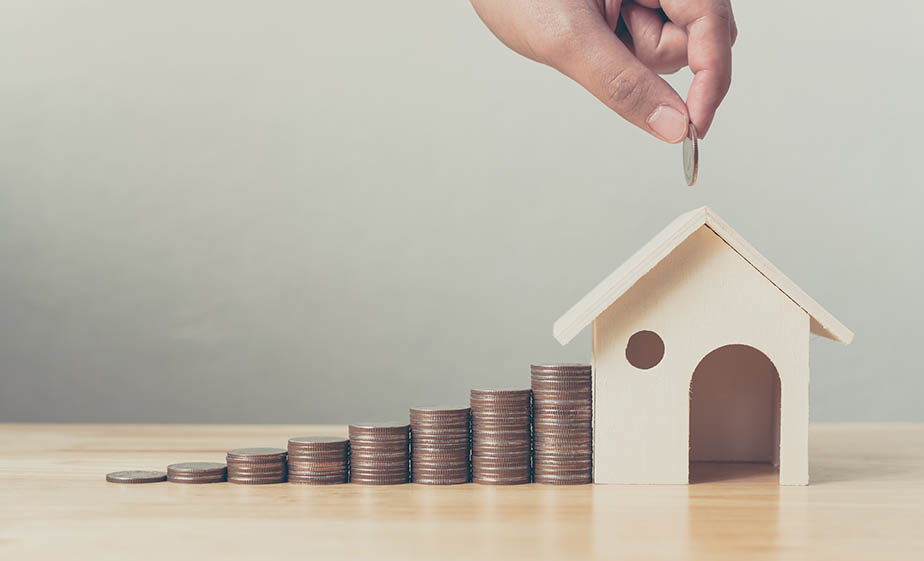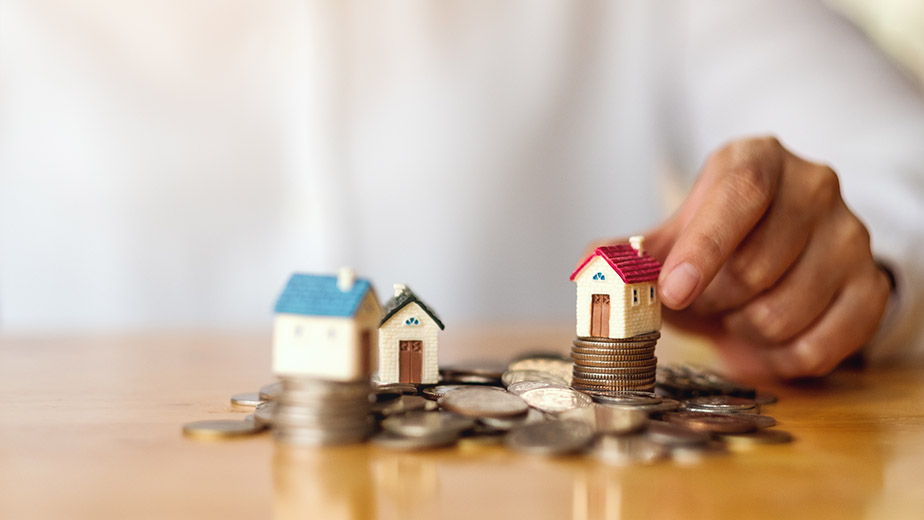
Sydney’s property market is booming at the moment with many sellers and developments. Currently, an investor has many choices and a good price range. Regardless of the economic times, the property market is known to be the most predictable and stable investment out there. Sydney’s property market is unpredictable when investments are geared toward new innovations or products that may be obsolete a few years later. However, property will always be an asset being essential to every human on earth. It is the oldest type of investment, and it still stands to be the most steady and lucrative.
Why invest in Sydney Property? The reasons are endless…
There are many reasons to invest in property, which is the difference that makes it a good idea to buy property.
If the property is purchased for personal use
Currently, many First Home Buyer incentives and Government Grants are available – do your research, and you could find the perfect property for you.
Invest to rent out
Through PIA’s B&R Model (Buy and Rent), many of its investment properties attract a ‘Rental Guarantee’ – this means that you can accurately predict your rental income for the next three years.
Tenants will pay down your mortgage via rental income they give to the property owner, whether they are positively or negatively geared properties.
Investors using this type of investment can sit back and enjoy seeing their investment grow.
A Hefty Tax Return on Sydney Property
Sydney Property is considered an asset, and assets depreciate over time. This basically means that your initial investment will go through wears and tears of time and usage. However, this does seem like a negative, but there is a golden thread in this disadvantage. This disadvantage is tax deductible; it can be claimed from your taxes, and you will receive a hefty return. Also, because this is a long-term investment, there will always be the chance of your property being a disposable asset in the future when you wish to resell.
It’s Trending For a Limited Time – a buyer’s market!
Now, if we narrow it down to the Australian market, there are some very interesting trends at the moment that will slowly fade away if not acted on soon. The trends include many developments at the moment in Sydney Property and many of the larger cities. Therefore, the competition for sellers is large, so buyers’ prices are ideal now. Due to this insurgent amount of developments and property, there are many opportunities where informed investors have the ability to gear the investment amount to their advantage.
This is a good time to purchase. Investing in property is a long-term investment. Therefore, any changes that occur after purchase, even if it shifts to being a seller’s market, will be to the property owner’s advantage. This is because you can sit and wait for an ideal time to sell or continuously gain from the rental of tenants at a time when the property is too expensive for people hoping to be property owners.
Source: PIA


















